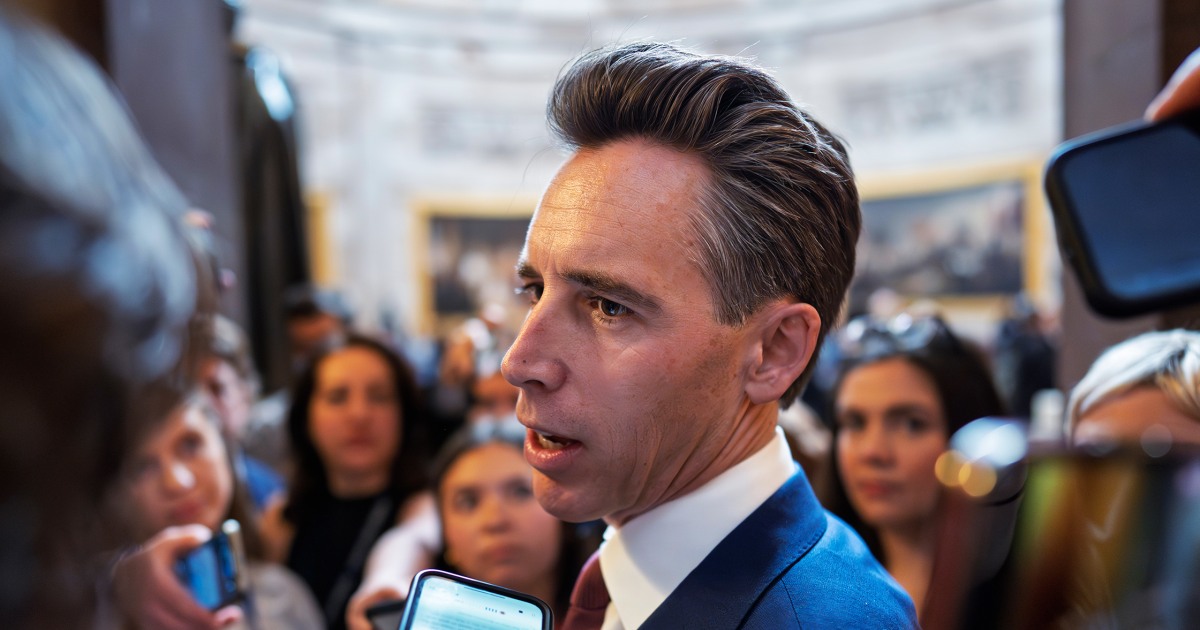Fitness
Army Says Soldiers Are Getting New Fitness Uniforms, But Details Are Scant

It’s a mistress the Army can’t keep itself from continually returning to: uniform changes.
Sergeant Major of the Army Michael Weimer, the service’s top enlisted leader, on Tuesday announced new physical training uniforms will be issued to troops in roughly a year. But the announcement at the Association of the United States Army, or AUSA, conference in Washington, D.C., came with no clear rollout plans or details on what the uniforms will look like.
“If we’re going to be fit, then we’re also going to look good at the same time and rep the Army brand,” Weimer said.
Read Next: After Barely Meeting Recruiting Goal, Army Aims to Enlist Thousands More Soldiers in Coming Year
Most sergeants major of the Army in recent years have made some notable adjustments to uniforms, with those changes often being a key element of their legacy. The new uniforms are expected to reach the force within about a year, but designs haven’t been finalized.
However, the rationale behind the latest uniform decision remains unclear, especially considering that the current fitness uniform was just fully rolled out in 2017.
Feedback on the Army’s PT uniform has generally been positive, but a common complaint has emerged regarding the absence of pockets in the shorts.
At the time that the current PT uniform was initially introduced in 2014, then-Sergeant Major of the Army Raymond Chandler called the uniform a “new icon.” The previous uniform faced criticism from soldiers, who were unimpressed by the material and complained that the shorts would ride up — especially when doing sit-ups — forcing many to wear spandex underneath.
Meanwhile, former Sergeant Major of the Army Daniel Dailey, who served in the position between 2015 and 2019, is best known for authorizing black socks to be worn with the fitness uniforms, moving the service away from the tradition of white socks.
Army uniform changes have become the butt of jokes online in recent years amid a widespread perception in the ranks that the service is almost always in the midst of changing what its soldiers wear.
More recently, the service in 2020 changed its formal service uniform in a design that largely mimics World War II-era uniforms. That new uniform will become standardized across the force in 2027. In the 2010s, the service also moved toward multicam uniforms, which were introduced to troops initially during the war in Afghanistan, moving away from the much-maligned digital camouflage.
The update announced Tuesday comes as Weimer’s inaugural year in the role wraps, following the retirement of Michael Grinston.
Notably, Weimer has adopted a more understated approach, significantly reducing the visibility of his office compared to previous enlisted leaders. In his limited public engagements, he has emphasized a disciplined appearance, citing well-groomed soldiers and immaculate uniforms as essential components of a formidable fighting force.
The PT uniform news also comes as the service has fully embraced its new fitness test, the Army Combat Fitness Test, which is largely seen as a much more comprehensive measurement of athletic ability than the previous test. That new test measures a soldier’s ability to deadlift, run two miles, plank and do hand-release push-ups, among other activities. The previous test that was used for some 40 years only measured running, push-ups and sit-ups.
Meanwhile, the Air Force is rolling out its new, but long delayed, physical training uniform in November.









